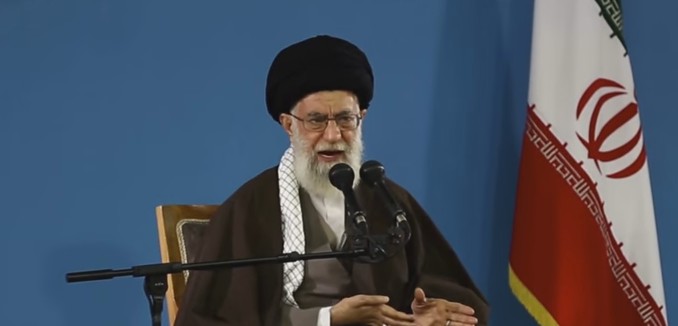The Iranian government has been cracking down on individual rights with increasing fervor since the nuclear deal was signed in July, defying the expectations of some deal supporters that the agreement would lead to a more moderate path for the Islamic Republic.
The Wall Street Journal reported (Google link) more Friday:
Since completion of the agreement in July, Tehran security forces, led by Supreme Leader Ayatollah Ali Khamenei, have stepped up arrests of political opponents in the arts, media and the business community, part of a crackdown aimed at ensuring Mr. Khamenei’s political allies dominate national elections scheduled for Feb. 26, according to Iranian politicians and analysts.
“Americans have set their eyes covetously on elections, but the great and vigilant nation of Iran will act contrary to the enemies’ will, whether it be in elections or on other issues, and as before will punch them in the mouth,” he told a meeting of prayer leaders this week.
The White House had hoped that the deal would empower Iranian President Hassan Rouhani and other perceived moderates, but the Journal reported that experts who are described as close to Rouhani “are increasingly concerned” that the expected $100 billion in sanctions relief due to Iran as part of the deal will be used by Khamenei “to entrench hard-line allies.”
The Journal’s report is the latest to illustrate a crackdown on rights since deal was announced. In October, two Iranian poets were sentenced to lashes and jail time for shaking hands with members of the opposite sex. The following month, Iranian journalists were arrested by the Islamic Revolutionary Guard Corps, Iran’s elite militia. The country has also arrested American citizens and a permanent resident, and sentenced an American journalist to jail. The growing oppression prompted Anti-Defamation League national director Jonathan Greenblatt to write last month that Iran’s “ongoing human rights violations and its external aggressions must be taken into account when considering the prospect of normalized relations.”
This increasing repression in Iran validates predictions made by numerous experts that the nuclear deal would strengthen hardliners at the expense of moderates.




